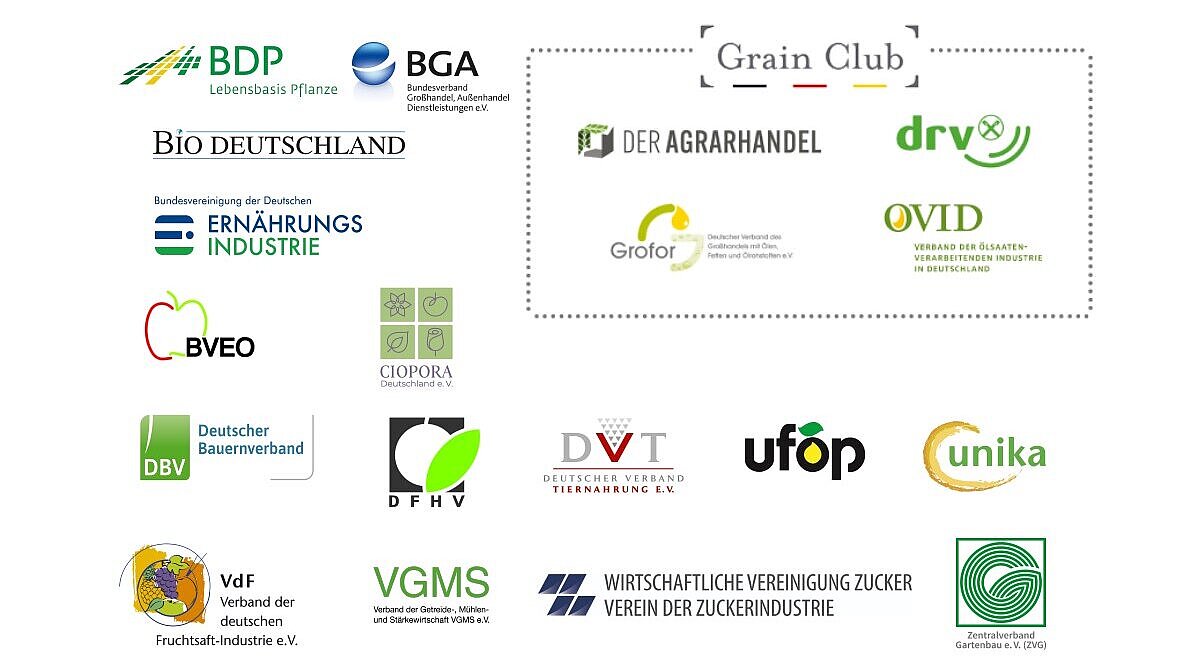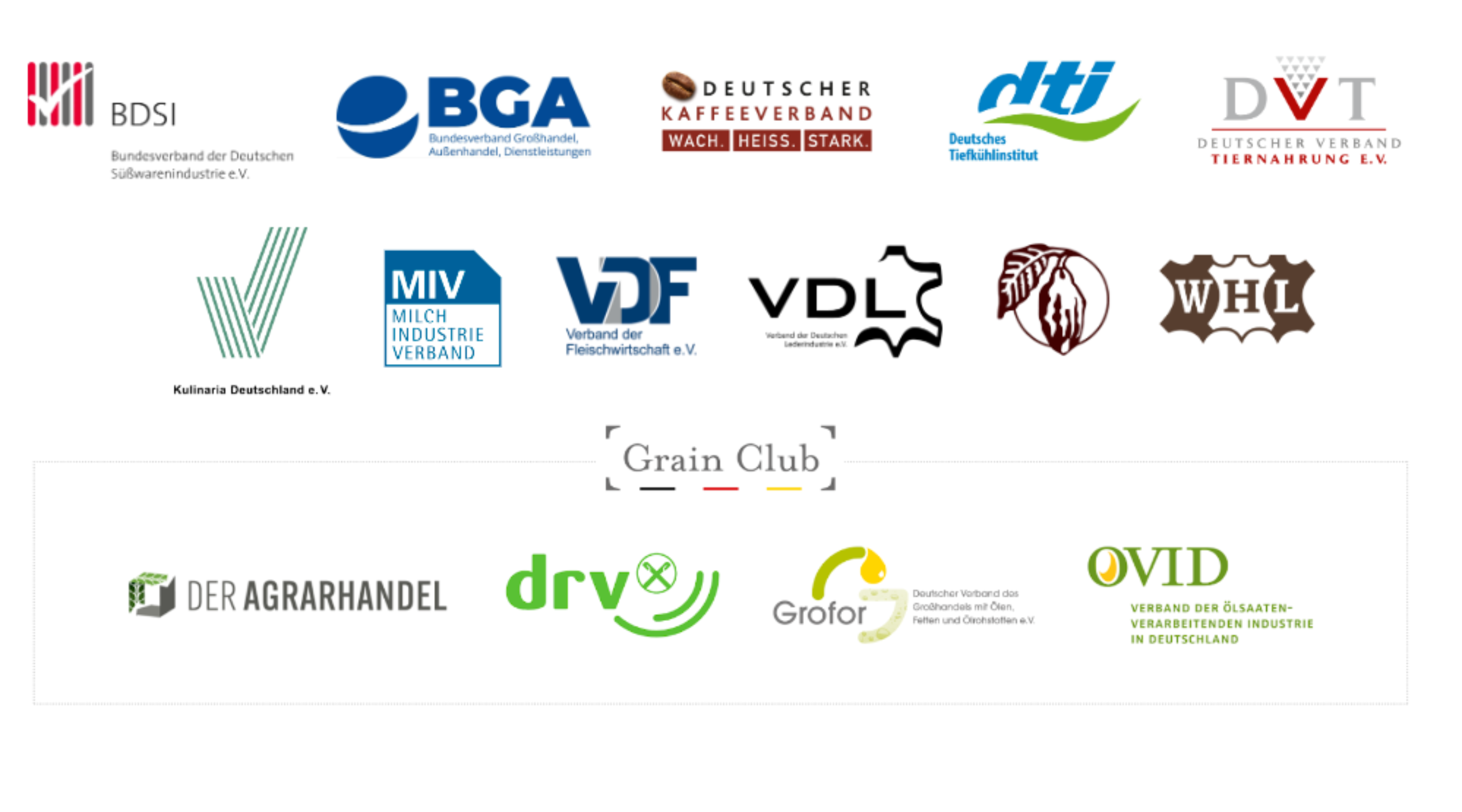Survey: Consumers open to new biotechnological methods in plant breeding

Here you can find the page in German.
Agricultural, horticultural and food industry associations publish the results of an online consumer survey and a position paper
According to a representative survey carried out by Civey (opinion research company), the majority of consumers perceive new biotechnological methods in plant breeding, such as the gene scissors CRISPR/Cas, as a contributing factor to finding solutions for global challenges. The most frequently mentioned options in this survey are reducing fertilizer and plant protection productions (43 %), developing plants adapted to various climate conditions (42 %) or improving food security (35 %).
So, when applied to improve the sustainability of agriculture or the adaptation to climate change, nearly one out of two respondents regard biotechnological processes as being beneficial for society. Moreover, a large proportion of respondents (45 %) is in favour of these new methods, provided that only the plant’s own genes are modified or inserted (in contrast to classical genetically modified organisms / GMOs). Monitoring by official control is regarded as important for 34 % of the respondents.
The survey shows that consumers have a differentiated view on the various methods used in plant breeding. They are particularly open to new biotechnological methods when they help to improve sustainability in agriculture or food security. “New methods in plant breeding offer great potential on the path to an eco-friendly, but also efficient agri-food system. However, to achieve this, plant breeding requires an appropriate regulatory framework. This includes that plants developed with these new breeding methods shall not be classified across the board as genetically engineered organisms”, demands Stephanie Franck, President of the German Plant Breeders' Association (BDP) on behalf of the associations.
The associations explicitly welcome the initiative of the European Commission to re-assess the classification of new breeding methods. This re-assessment should be based on scientific findings and the latest developments in plant breeding and the German government should be supportive of this. In their recent position paper, the associations also point out that different international regulatory requirements may increase trade barriers. This may impede the shift towards a more sustainable European agricultural system in the sense of the Farm to Fork strategy.
A future EU regulation needs to consider both the ecological as well as the economic potentials of new plant breeding techniques. In the light of the European Green Deal and a sustainable food production in Europe, the associations therefore demand science-based decisions and policies.
The entire results of the survey can be downloaded here.






